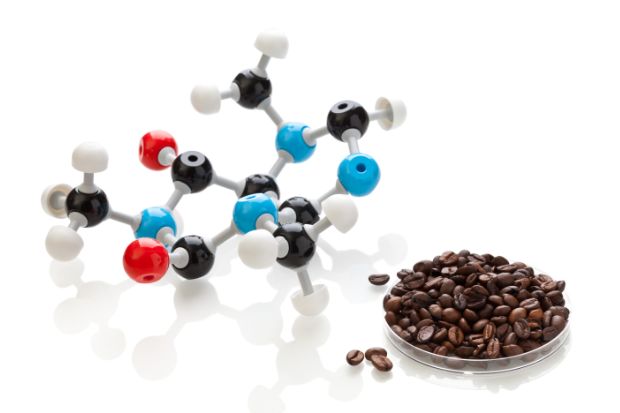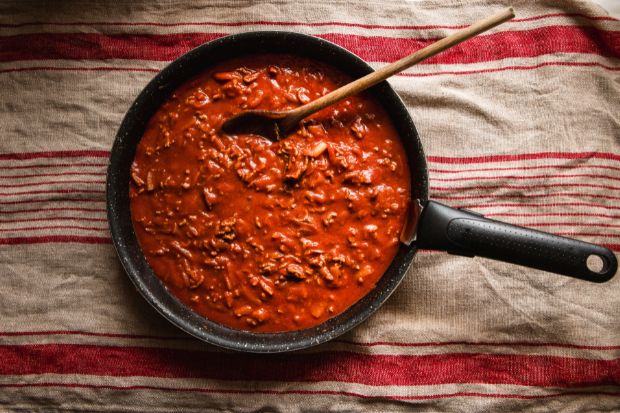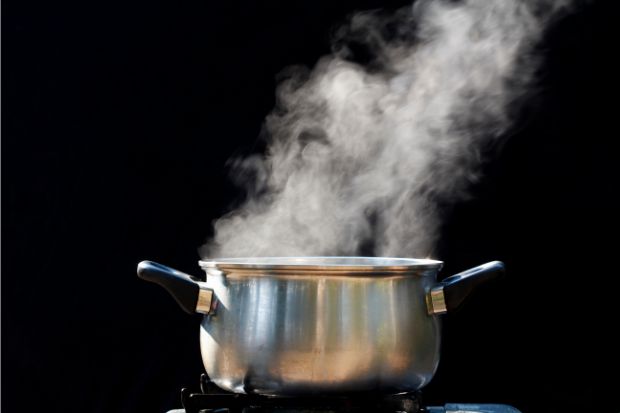When it comes to certain foods, including desserts such as tiramisu, adding caffeine can give them a kick. When you’re cooking with something like coffee as an ingredient, you might wonder if the caffeine will cook out of the dish.
No, caffeine does not cook out. Since caffeine has a very high boiling point and is essentially a solid, it will not cook out of your dishes. The water in the coffee will evaporate, but the caffeine itself will remain in the dish.
Why Caffeine Remains in the Dish

Caffeine has a high boiling point—usually around 350 degrees Fahrenheit—but even at that temperature the chemical composition of caffeine doesn’t change. Thanks to the crystalline structure of caffeine, most of it will remain in the dish.
Caffeine doesn’t evaporate but instead will mix in with the other ingredients you’re working with, which means it is not going to cook out.
If you’re wondering how adding caffeine to a dish affects the overall taste, that will depend on how much coffee you’re adding. If you add 1 to 1.5 tablespoons of coffee to a recipe, you likely will taste a little bit of it but not a huge change in the overall flavor. Of course, if you add a whole cup of coffee, you’ll probably notice a huge difference in the taste because it will be very intense.
Some people try adding baking soda to coffee when using it in a recipe. This reduces the intensity of the taste, but it doesn’t cause the caffeine to cook out.
For this reason, if you do not like the taste of coffee or you are unable to drink anything with caffeine in it, it’s best if you cook your dishes without any coffee or other caffeine product in it.

What About Other Sources of Caffeine?
Some people wonder if a certain dish with caffeine in it can be cooked in such a way that the caffeine is cooked out.
Again, even with caffeine-filled soft drinks such as colas and others, the caffeine content doesn’t cook out. It seems that the vast majority of the caffeine from coffee and other sources remains in the food even after you cook it, regardless of how high the cooking temperatures get.
So if you don’t want caffeine in your tiramisu or any other dish, it’s best not to add it in the first place. Don’t assume the caffeine will cook out of the dish, because that’s not what happens. Caffeine remains in the dish regardless of how high the temperatures get.
